When a new baby joins your family, there will be a ton of things on your mind. You’ll go over everything again and again — the gear you need, sleep schedules, feeding baby, diaper changes and so much more. Things can get overwhelming quickly. But, before sleep deprivation kicks in, there are two important things you should do to help ensure the safety of your little one.
- Take an infant and child first-aid course
- Prepare a first-aid kit for your baby
The first item on that shortlist is easy to take care of via our Child and Infant Emergency Care course. It’s a CPR and AED based course designed to teach the specific techniques used for children and infants. This course also touches on first-aid care specifically for children. Once you’ve gotten through this course, you’ll be on your way to becoming an even more prepared parent.
Next, you’ll need to make sure you have a well-stocked first-aid kit ready for any emergency. Whether it occurs while you’re around or while your child is with another caregiver, you’ll feel more prepared knowing your first-aid kit is ready to go. There are plenty of kits on the market, but some parents might feel more at ease by putting one together themselves. If you are a part of the latter group, here is a list of things you should consider putting in yours:
- Nasal aspirator
- Baby thermometer
- Medicine dropper
- Baby nail clippers
- Baby brush or comb
- Cradle cap brush
- Emery boards
- Sterile gauze
- Saline nasal drops
- Infant Acetaminophen (consult your doctor for dosage recommendations)
- Antibiotic cream (consult your doctor for dosage recommendations)
- Alcohol swabs (consult your doctor for dosage recommendations)
- Antibiotic ointment (consult your doctor for dosage recommendations)
- Age-appropriate Band-Aids
- Simethicone baby gas drops
- Emergency contact card (with pediatrician and other important info for caregivers)
As we said, there are plenty of pre-made kits available for purchase, if sourcing everything on your own feels like too much of an undertaking. However, be sure the kit you buy includes everything you need and if it doesn’t, don’t forget to source the missing items.
Keeping your new baby safe and being able to react quickly in an emergency will help give you peace of mind. And if you’re new to this parenting gig, remember, we’re all learning as we go and there’s no such thing as a perfect parent.




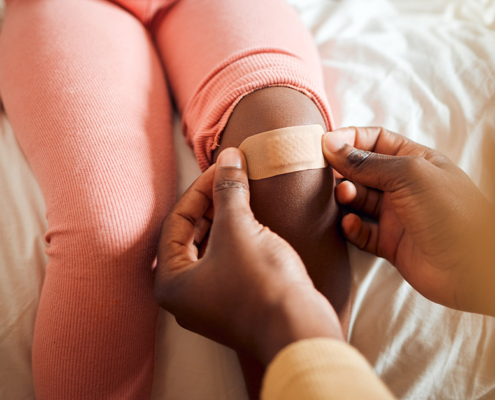

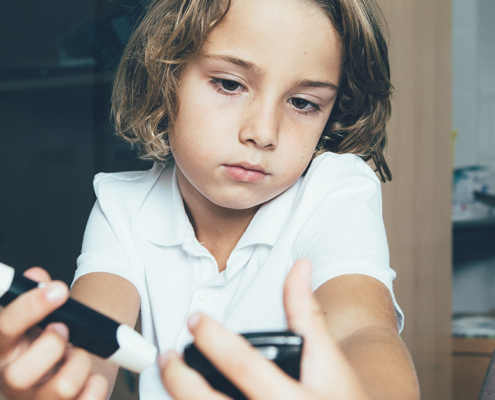
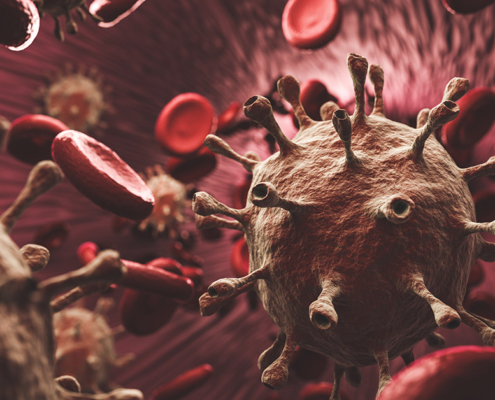


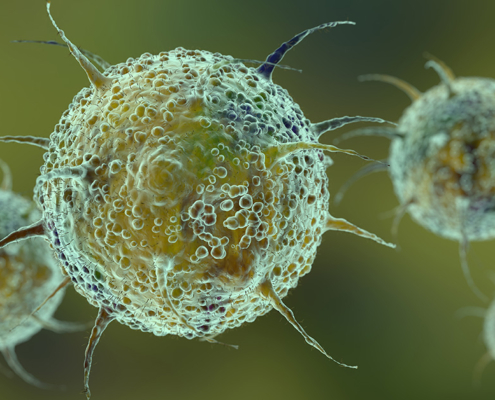
发表评论
想加入讨论吗?请发表您宝贵的意见!